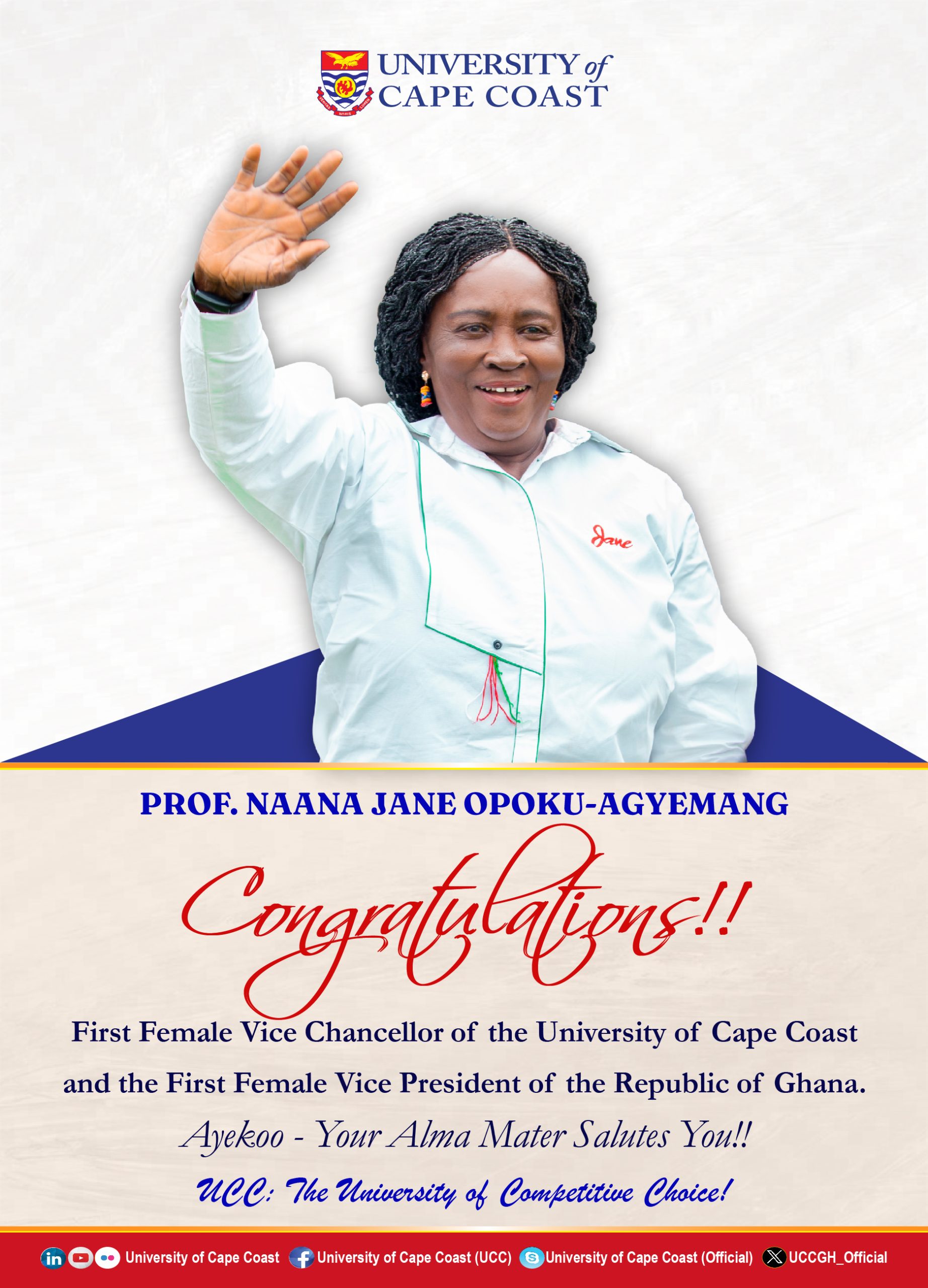Commitment to STEM and Scientific Collaboration in Africa
At the closing ceremony of the 2025 Africa Research Initiative for Scientific Excellence (ARISE) High-Level Meeting in Accra, Vice President Professor Naana Jane Opoku-Agyemang reaffirmed the government’s unwavering commitment to Science, Technology, Engineering, and Mathematics (STEM) education. She highlighted the critical role that science, research, and innovation play in shaping national and continental development agendas.
The event, organized by the African Academy of Sciences (AAS) in collaboration with the Government of Ghana, the African Union (AU), the African Scientific Research, Innovation Council (AU-ASRIC), and Afro-Champions, brought together key stakeholders from across the continent. These stakeholders included representatives from academia, industry, civil society, and policy-making bodies. The conference aimed to celebrate the progress made toward achieving Africa’s Science, Technology, and Innovation (STI) Agenda while also assessing opportunities, priorities, and imperatives for scientific cooperation.
Vice President Opoku-Agyemang emphasized that the meeting underscored the essential role of science, innovation, and research in shaping Africa’s future. She echoed the call from President John Dramani Mahama for institutions, academia, civil society, and industry to invest in and support research initiatives that drive sustainable solutions. This call for investment is seen as a crucial step in advancing Africa’s scientific capabilities and addressing the continent’s developmental challenges.
During her address, the Vice President expressed gratitude to the African Academy of Sciences and its partners for successfully organizing the event. She acknowledged the contributions of all participants, including researchers, policy actors, students, and partners. “Your ideas and contributions are vital in our shared mission to transform the continent through knowledge,” she stated.
The ARISE High-Level Meeting served as a platform for dialogue and exchange among various stakeholders. It provided an opportunity to discuss strategies for enhancing scientific collaboration across borders. By fostering partnerships and promoting knowledge sharing, the initiative aims to strengthen Africa’s capacity to harness science and technology for sustainable development.
One of the key themes discussed during the event was the importance of aligning scientific research with policy and practice. Participants explored ways to ensure that research findings are effectively translated into actionable policies that benefit communities. This alignment is essential for creating impactful solutions to pressing issues such as climate change, public health, and economic development.
Another focus area was the need for increased funding and support for scientific research in Africa. Many speakers highlighted the challenges faced by researchers in accessing resources and infrastructure. They called for greater investment from both the public and private sectors to create an enabling environment for scientific innovation.
The conference also addressed the role of education in building a strong foundation for future scientists and innovators. There was a strong emphasis on improving access to quality education, particularly in STEM fields. By investing in education, African countries can develop a skilled workforce capable of driving technological advancements and economic growth.
In addition to these discussions, the event featured several workshops and panel sessions that allowed participants to share their experiences and insights. These interactions fostered a sense of community among researchers and encouraged collaboration on future projects.
Overall, the 2025 ARISE High-Level Meeting was a significant milestone in the ongoing efforts to promote scientific excellence and collaboration in Africa. It provided a valuable platform for stakeholders to come together, exchange ideas, and chart a path forward for the continent’s scientific development. The commitments and discussions initiated during the event are expected to have a lasting impact on Africa’s ability to leverage science and technology for sustainable progress.







